
Recommendation
In this concise article on the myriad problems facing the euro zone, economist Huidan Lin argues that monetary policy has lost its stimulatory punch. Low investment, deep indebtedness and elevated unemployment contribute to prolonging the economic malaise, leaving the region vulnerable to shocks, including the risk of political crisis in the European Union. Lin argues that public policies to jump-start the area’s economies need to focus on debt reduction and structural changes to enhance productivity. getAbstract recommends this relevant and accessible article to policy makers and executives concerned about European economic inertia.
Summary
About the Author
Huidan Lin is an economist at the International Monetary Fund.








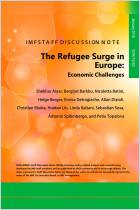
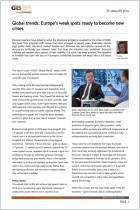
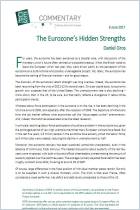
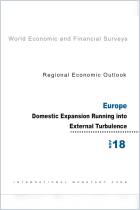
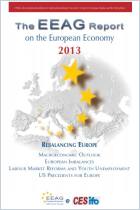
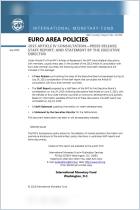
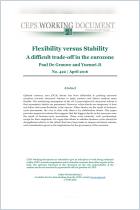






Comment on this summary or Start Discussion